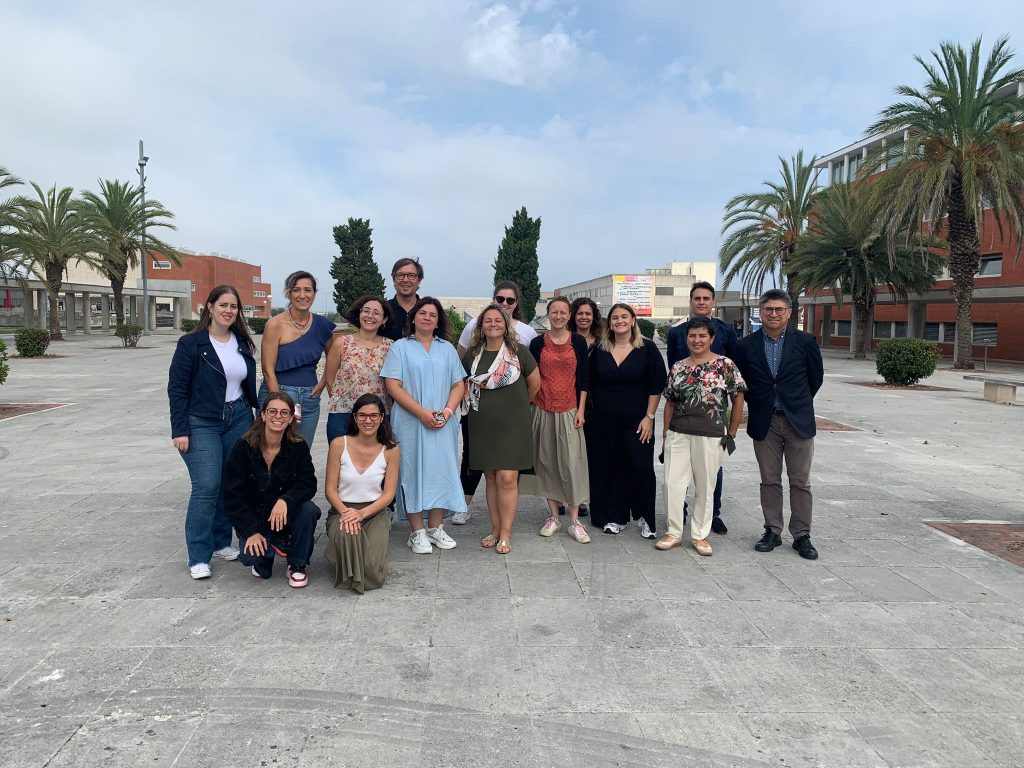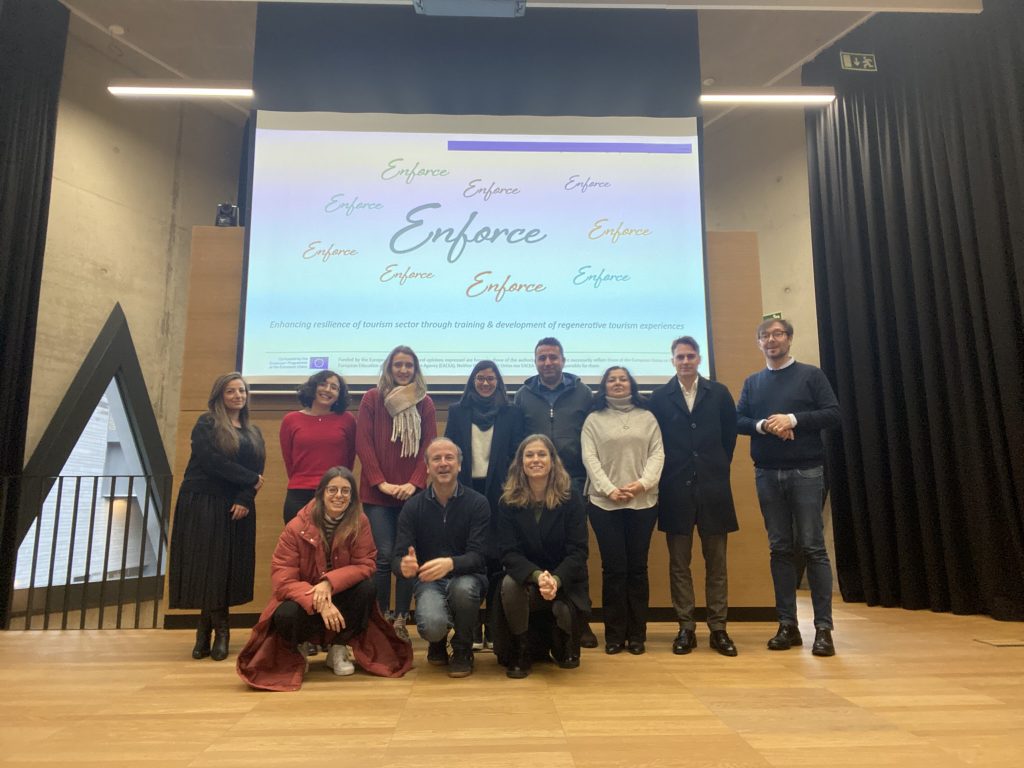As climate change continues to advance, some regions worldwide are experiencing the adverse effects of over-tourism, particularly during the summer season. This issue has raised serious concerns among local communities. Over-tourism occurs when an excessive number of tourists visit a destination, putting immense pressure on the environment, infrastructure, and local resources. The result can be detrimental to the natural ecosystem, cultural heritage, and overall quality of life for residents.
During the summer, many popular tourist destinations attract a surge of visitors, exacerbating the impact of over-tourism. Increased traffic can lead to environmental degradation, pollution, and strain on limited resources like water and energy. Additionally, heavy tourist presence may lead to overcrowding, noise pollution, and an erosion of local culture and traditions.
Local communities are often the ones who feel the immediate and lasting effects of over-tourism. It can disrupt their daily lives, lead to a rise in living costs, and reduce the availability of resources for residents. Moreover, over-reliance on tourism can create an unbalanced economy vulnerable to fluctuations in tourist numbers.
Regenerative tourism practices are a direct answer to this problem. By regenerative we mean that visitors leave the place in a better state than it was, it is not seasonal but encourages all-around-the-year visits, and is embedded within the local community. But to embrace the regenerative model and effectively address the challenges of over-tourism and climate change, a significant shift in mentality is required from all key players involved in the tourism industry. This shift should prioritize sustainability, social responsibility, and long-term positive impacts on the environment and local communities. In this article, we want to pinpoint crucial problems that key players face in the process, as NECTSTouR (European regions for competitive and sustainable tourism) described in the article “The regenerative tourism persona ecosystem”.
- Destination Management Organizations (DMOs): DMOs play a vital role in shaping and promoting tourism in a destination. They need to adopt a regenerative mindset that focuses on preserving natural resources, respecting local culture, and ensuring the well-being of residents and need to go from more returns on investments to added value and social returns.
- Businesses: Tourism-related businesses, including hotels, restaurants, and tour operators can adopt eco-friendly practices, buy seasonally, reduce waste and carbon footprint, support local suppliers and artisans, and invest in community development projects.
- Associations: Industry associations and organizations have an opportunity to influence their members and advocate for regenerative practices. They can facilitate knowledge sharing, provide resources for sustainable tourism initiatives, and encourage collective action to address common challenges.
- Local Community: The local community plays a critical role in the success of sustainable tourism. Involving the local community in tourism planning and development can lead to a sense of ownership and empowerment. It is also important to educate and present to the local community the positive significance that tourism can have on their environment and quality of life and the various opportunities it can open up. Often, residents feel excluded and complain about tourism because they are not involved in tourism offerings.
- Visitors: Tourists have a responsibility to be mindful of their impact on the destinations they visit. By choosing responsible tour operators, respecting local customs and traditions, and minimizing their environmental footprint, travelers can contribute positively to the regenerative model. For all of us who love to travel, it is crucial to accept that our presence in a certain area can worsen the situation, making it less likely for us to take our desired destination for granted in the future.
Overall, a collective mindset shift is essential to create a regenerative tourism industry that benefits both the destinations and the people who visit them. “Real cases showed how it is possible to be a net-positive driven business/destination, rooted in sustainability values, caring for the environmental and social impact, and to be also financially successful. Tourism is a means to an end and not a final goal on its own. Regenerative tourism businesses do not only seek to be profitable but also to leverage a positive and beneficial impact in the communities and its environment,” the article concludes.







